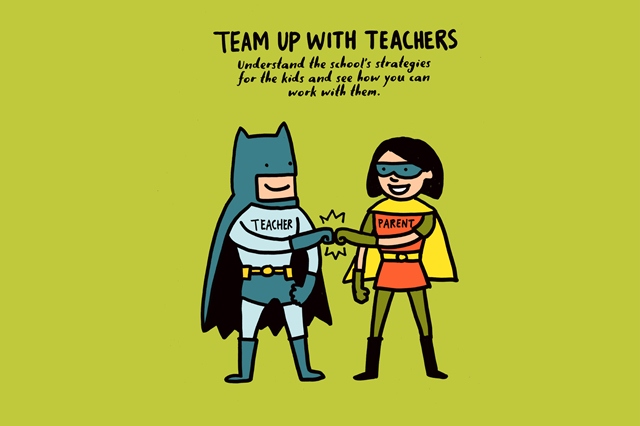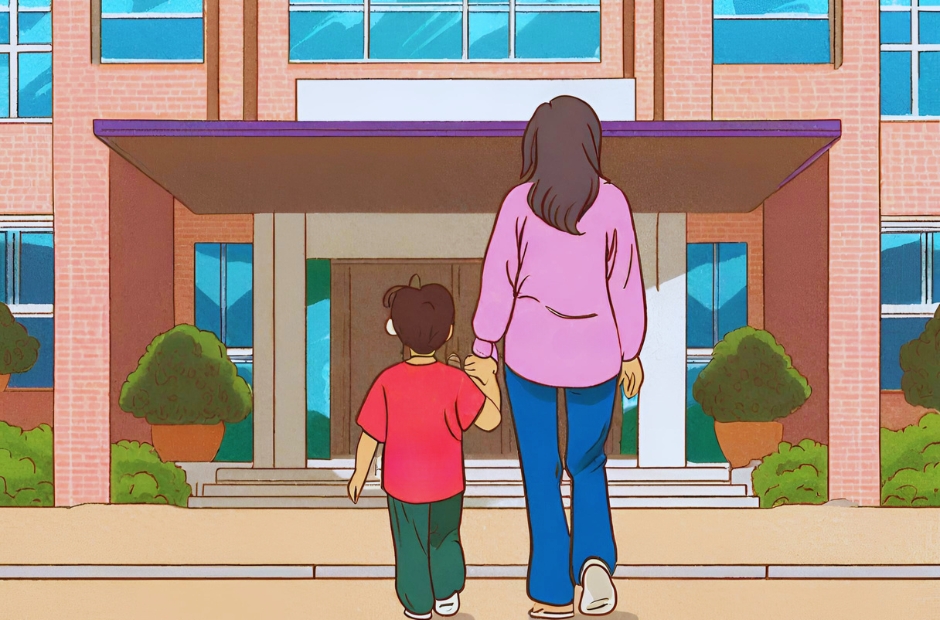Fail Fast, Fail Smart
08 Sep 2015

It’s all right for children to fail, says Finnish education expert Pasi Sahlberg, as long as parents use this opportunity to teach them the important lessons behind their mistakes and help them move on.
Imagine having a day dedicated to celebrating failure – when people call in to radio shows to share stories of the things they’re awful at and major corporations hold conferences and events to highlight the fact that failure is an opportunity to learn. In Finland, that’s exactly what people do on National Failure Day, which falls on 13 October each year. This unlikely commemoration of missteps didn’t come about as a result of the Finnish commitment to liberal ideals. Rather, it had to do with a desire to drive innovation.
A group of young entrepreneurs founded the campaign in 2010 to encourage people to take risks and cast aside their fear of failing. The idea behind it is simple: they wanted people to try something new and different so that they could grow as individuals and so that collectively they could grow as a nation. Failure doesn’t matter; the important thing is that you tried.
Pasi Sahlberg, a central figure behind ongoing education reforms in Finland and a Visiting Professor at Harvard University in the US, says: “On this day, we try to educate those in our schools that failure and success are not opposites. Failure is on the same continuum with success and it’s often something you have to go through before you can become successful.”
The concept might seem strange, especially to Singaporeans for whom “failure is not an option”. How do we change this mindset and teach young people that at times it’s all right to fail?
“It’s about educating society as a whole,” Prof Sahlberg says. “I think Singapore has a huge capacity to take more risks within its education system. You have a very strong foundation and strong staff. You could do more in this area and celebrating failure through education would be a wonderful next step.”
Still sceptical? Before society as a whole starts celebrating failure, perhaps we could test out Prof Sahlberg’s beliefs at home. Here’s how:
Talk to your child
“I always tell my children that I’m there to help them,” Prof Sahlberg says. “My philosophy of raising my children is: I let them do what they think is the best thing for them instead of telling them what’s right and wrong.”
Your kid needs to know that they can talk to you about anything, so keep an open mind and discuss failure. Ask them about their good and bad experiences at school.
Don’t be negative
Failure isn’t something to be feared or ashamed of. Help your children understand that it’s normal to fail. Prof Sahlberg says: “If you fail, fail smart. If you have to fail, fail early and try to learn from it.”
If your kids aren’t making mistakes, it could mean that they’re choosing the path of least resistance and not taking risks or trying out unconventional ideas. Sometimes the most learning happens when you choose a path that takes you out of your comfort zone.
Give them space
Children need room to be who they are – to explore their strengths and interests. Don’t push them too hard or set unrealistic expectations – this approach can backfire. Acknowledge that each child is unique and that your measure of excellence as a parent doesn’t always match your child’s potential. Help them discover their inner talent. Respect your child’s intentions and be supportive – your child will appreciate just having you along on their learning journey.
Love them for who they are
Providing a loving and caring environment helps your child flourish. Children are more motivated to learn when they feel accepted, even after making a mistake.
About Pasi Sahlberg
Pasi Sahlberg is an educator, author and scholar. He has studied education systems and reforms around the world and is experienced in classroom teaching, training teachers and leaders and coaching schools. He was formerly the Director General of CIMO (Centre for International Mobility and Cooperation) at Finland’s Ministry of Education and Culture in Helsinki. He was a speaker at the World Educational Leadership Summit 2015, held in Singapore in April.

.jpg)
.jpg)

.jpg)
.jpg)